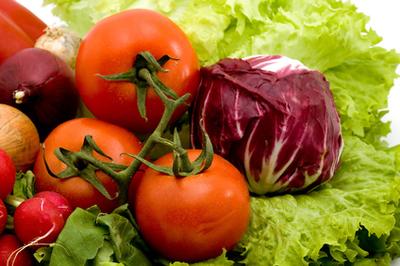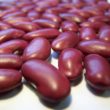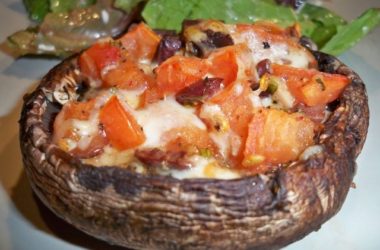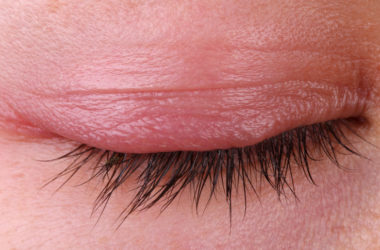There are many who have tried becoming a vegetarian but don’t usually last a week. Some thought that since they’re only eating fish and chicken, they’ll be able to go vegetarian, but because they didn’t do their research, they ended up consuming more bread and pasta. Though many thought that eating meat was a bad idea, carbo loading was much worse.
After several years, many are still avoiding going back to going vegetarian. As a matter of fact, those who were diagnosed as anemic are ordered to eat more red meat as well as taking substantial amounts of iron supplement. There are those who, although aren’t able to become vegetarians, are still curious as to how to go on about it. To learn more about becoming a vegetarian, the owner of
Dietetic Directions and registered dietitian, Andrea D’Ambrosio gives insight on what new vegetarians should know about regarding deficiencies so they’ll be able to avoid them.
Nutrients that Most Vegetarians Miss Out On
According to D’Ambrosio, a vegetarian diet that is properly planned will be able to meet all of your nutrient needs. The nutritional value tends to vary from one person to the next depending on the restriction that they plan to adopt. For example, vegans will be more limited compared to vegetarians, while vegetarians will have more restrictions compared to pescetarians or fish eaters. Vegetarians including all the healthy adults out there should make it a point to get the recommended dietary allowance of omega-3s, iron, zinc, calcium, and vitamin B12.
Should Supplements be Used?
Although you can still maintain your nutrient levels in spite of being a vegetarian, taking supplements can also be useful in replacing essential minerals and vitamins that you may be lacking of. D’Ambrosio said that vegetarians need twice the amount of iron in their body as those who are not vegetarians since the iron that is found in foods that are plant based are not that easy to absorb. Vegetarians are required to have 32 milligrams of iron daily as opposed to the 18 milligrams for non-vegetarians.
Also, vegans and vegetarians are both at risk of having reduced vitamin B12 levels since this is only found in fortified foods as well as animal products. Women who are 19 years of age and up should have 2.4 micrograms of vitamin B12 on a daily basis.
What Foods to Add to Replace Nutrients in Meat?
D’Ambrosio recommends to her clients to add soy beverages that are fortified, tofu, and edamame to their diet. They can also include textured veggie protein from peas, dried beans, lentils, seeds like sunflower seeds, hemp seeds, flax seeds, and pumpkin seeds and nuts. Meat-eaters and vegetarians can benefit a lot from whole grains that are of the highest quality.
Is There a Reason for People not to be Vegetarians?
As long as the vegetarian diet is properly planned, anyone can become a vegetarian. Women who are pregnant should look for multivitamins that contain folic acid, vitamin B12, and iron while those who are more than 50 years of age should increase their vitamin D, calcium, and vitamin B12 intake from fortified foods or supplements. D’Ambrosia says that a well-planned vegetarian diet is ideal for women who are pregnant, breastfeeding mothers, children, babies, seniors and even teens.













